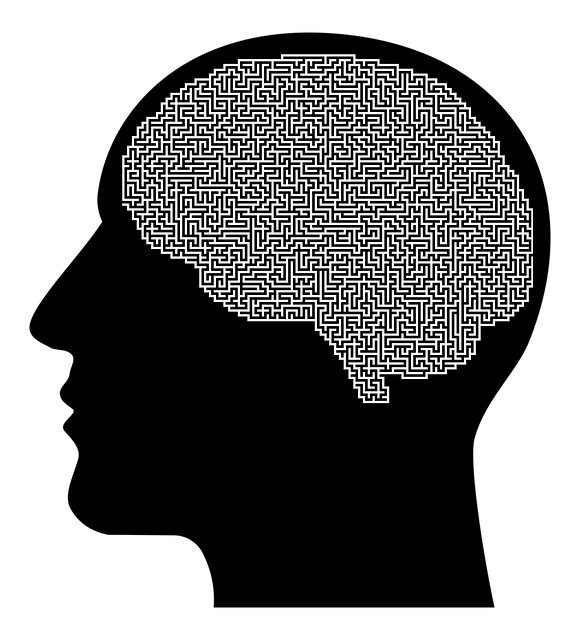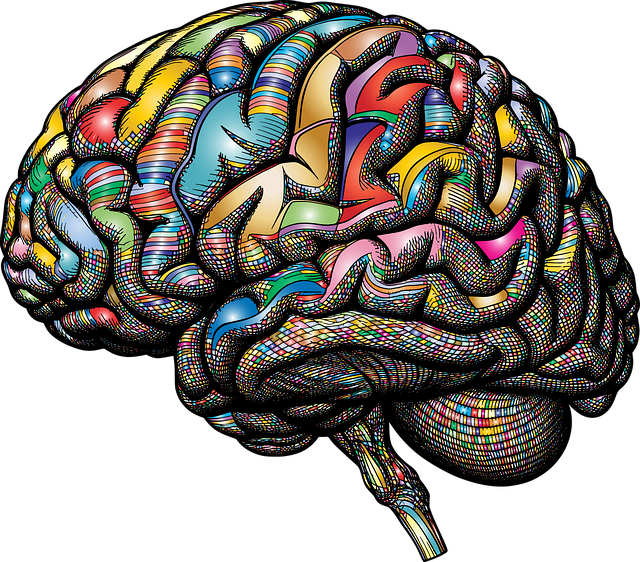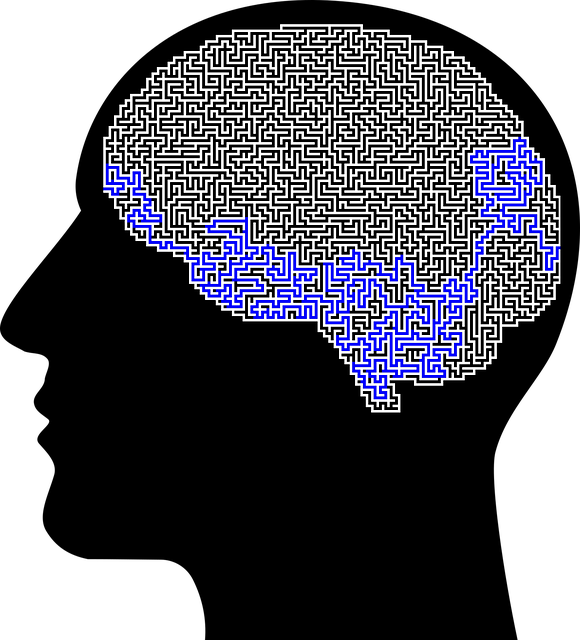Trauma from accidents, violence, or natural disasters deeply affects individuals and communities like Northglenn, where drug abuse is prevalent. It can cause emotional distress, flashbacks, behavioral changes, and physical symptoms. Building resilience through self-care routines and coping strategies is crucial. Cultural sensitivity in mental health education empowers individuals to process trauma effectively. Tailored support, addressing root causes, and Northglenn Drug Abuse-Substance Abuse Therapy help residents recover and build resilience, fostering a stronger community better equipped to withstand future traumatic events.
Trauma support services are vital in addressing the profound impact of traumatic events on individuals and communities. This article explores the complex nature of trauma and its far-reaching consequences, highlighting the critical role played by organizations like Northglenn Drug Abuse-Substance Abuse Therapy (NDASAT) in providing essential support. We delve into effective strategies for delivering trauma services, emphasizing NDASAT’s innovative approaches to healing and recovery. By understanding trauma and implementing tailored support, we can foster resilient communities.
- Understanding Trauma and Its Impact on Individuals and Communities
- The Role of Northglenn Drug Abuse-Substance Abuse Therapy in Trauma Support Services
- Strategies for Effective Provision of Trauma Support Services
Understanding Trauma and Its Impact on Individuals and Communities

Trauma is a profound and complex experience that can significantly affect individuals and communities alike. It stems from various sources, including accidents, violence, natural disasters, or prolonged exposure to distressing events. In Northglenn, where issues like drug abuse and substance use are prevalent, understanding trauma becomes even more critical. The impact of trauma can manifest in numerous ways, from emotional distress and flashbacks to behavioral changes and physical symptoms.
Building resilience is a key aspect of supporting individuals who have experienced trauma. This involves helping them develop self-care routines for better mental health and fostering coping strategies to navigate their experiences. Mental health education programs designed with cultural sensitivity can play a significant role in this process, empowering individuals to process their traumas effectively. By addressing the root causes and providing tailored support, such initiatives contribute to the overall well-being of Northglenn’s residents, creating a more resilient community that can better withstand and recover from traumatic events.
The Role of Northglenn Drug Abuse-Substance Abuse Therapy in Trauma Support Services

Northglenn Drug Abuse-Substance Abuse Therapy plays a pivotal role in trauma support services by addressing the intricate link between substance abuse and trauma recovery. Many individuals who have experienced traumatic events often turn to drugs or alcohol as a coping mechanism, leading to a cycle of dependency and further psychological distress. The therapy offers a safe space for clients to explore these complex issues through evidence-based practices tailored to their unique needs.
This specialized service utilizes Emotional Well-being Promotion Techniques to help individuals process their trauma, build resilience, and develop healthy coping mechanisms. Empathy Building Strategies foster understanding and trust between therapists and clients, encouraging open communication. By implementing effective Communication Strategies, Northglenn Drug Abuse-Substance Abuse Therapy ensures that each client feels heard, validated, and supported throughout their recovery journey, ultimately contributing to a holistic approach in trauma support services.
Strategies for Effective Provision of Trauma Support Services

In providing trauma support services, a holistic and tailored approach is essential to address the complex needs of individuals affected by traumatic events. One effective strategy involves integrating Northglenn Drug Abuse-Substance Abuse Therapy into the treatment framework. This comprehensive therapy not only aids in managing substance abuse issues but also helps clients process and overcome trauma-related symptoms. By combining individual counseling with group support, service providers can create a safe space for expression and healing.
Additionally, enhancing the healthcare provider’s cultural competency training is vital. In a diverse society, understanding cultural nuances and biases ensures that trauma support services are accessible and sensitive to various backgrounds. Training should focus on Mental Illness Stigma Reduction Efforts, fostering an environment where individuals feel comfortable seeking help without fear of judgment. Resilience building is another key component; equipping clients with coping mechanisms and resources enables them to navigate future challenges more effectively.
Trauma support services are vital for healing and resilience, especially within communities like Northglenn. By integrating strategies from substance abuse therapy, as demonstrated by Northglenn Drug Abuse-Substance Abuse Therapy, we can create comprehensive care models that address the complex needs of trauma survivors. Effective provision involves a multi-faceted approach, including education, access to specialized therapists, and community engagement. Through these efforts, we can foster environments that support recovery and build resilience, ensuring a brighter future for all.












